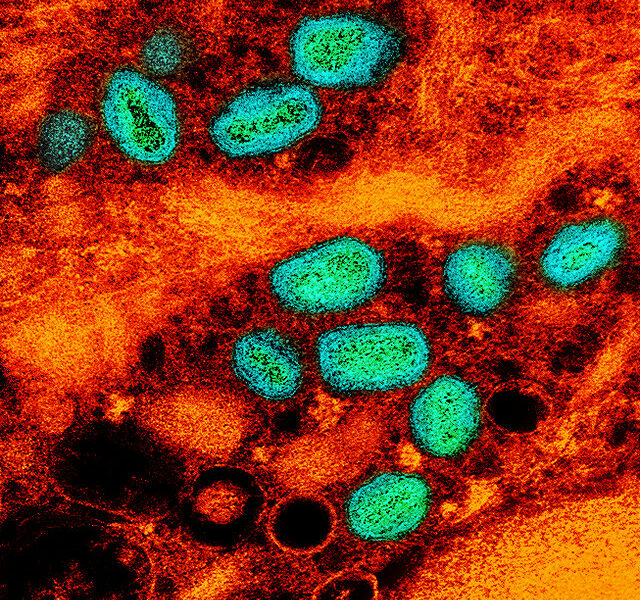The southern African nation of Zimbabwe has been dealing with an outbreak of typhoid since early November 2011. With reportedly 30 to 50 new cases a day, the total case count has surpassed 1,500*.
According to the GlobalPost, the outbreak has been traced back to meat and fish sold by street vendors in open-air markets. The food products were contaminated by Salmonella typhi, the bacteria which cause typhoid. The real problem, however, seems to be the poor water sanitation infrastructure.
As previously reported in The Disease Daily, typhoid fever is usually transmitted through contaminated food or drink. The city of Harare and its surrounding areas have long suffered water shortages as well as broken drains and pipes. Disputes have surfaced over access to the city’s limited boreholes. Those that cannot reach the boreholes resort to digging shallow wells that can easily be contaminated by infected fecal matter.
Once infected with Salmonella typhi, it may take up to three weeks for symptoms to appear. Symptoms of typhoid fever include fever, stomach pains, loss of appetite and a rash of rose-colored spots. Typhoid fever is relatively common in developing nations. To avoid being infected, the CDC recommends that you avoid risky food and water and get vaccinated.
In response to the outbreak in Zimbabwe, city officials are campaigning to close open-air markets, to reduce the water distributed in wealthier neighborhoods, and to increase the clean water distributed in poorer townships. According to a city official from Harare, the “wealthy can afford to buy [clean] water,” whereas those in the poorer neighborhoods cannot.
Groups such as the Combined Harare Residents Association insist that efforts to close the public markets and redistribute water are “misdirected.” Health Minister Dr. Henry Madzorera appeals to the government to focus on the improvement of the water sanitation infrastructure.
The fear pervading through Harare and surrounding areas is that the poor water sanitation and spread of water-borne diseases will result in another cholera outbreak. Zimbabwe suffered through an outbreak in 2009, in which more than 4000 people died.
*case count reports from this week have ranged from 900 – 1,500

